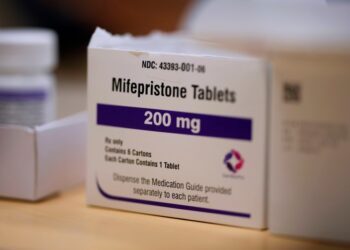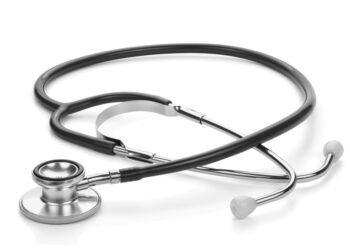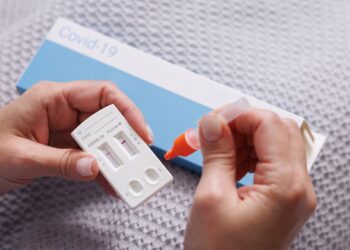Laura Pleasants doesn’t leave her house without at least six EpiPens — autoinjectors about the size and shape of a whiteboard marker that contain medication that can calm a body’s allergic reaction.
She carries two in her laptop bag and another two in her purse. She’s taught all of her friends how to use one in case she’s experiencing a reaction so severe that she can’t do it herself.
Despite her caution, Pleasants — who has alpha-gal syndrome, an allergy to mammal meat caused by a bite from the lone star tick — estimates that since she was diagnosed in 2010, she’s experienced anaphylaxis about a dozen times. That’s a serious, potentially life-threatening, allergic reaction that can involve swelling in the throat, lips and tongue, shortness of breath, chest tightness and other symptoms.
So when Pleasants heard that the U.S. Food and Drug Administration had approved a medication to help people with food allergies avoid severe reactions, she was thrilled.
“It would change my life drastically,” said Pleasants, 52, who lives on Kent Island and works for an allergist in Bel Air. She added with a laugh, “All of my friends would actually want to go out to eat with me again.”
The FDA approved the medication omalizumab — co-developed by Novartis Pharmaceuticals and Genetech, and sold under the brand name Xolair — for use by some people with food allergies earlier this month.
While Xolair is the first FDA-approved medication for food allergies, it is not a cure. Someone with a peanut or wheat allergy, for instance, can’t start eating peanut butter and jelly sandwiches for lunch, even if they’ve been prescribed the drug. Instead, Xolair is meant to reduce the risk of allergic reactions that people may experience after accidental exposure to a food they’re allergic to.
It’s administered through regular injections every two to four weeks, with a frequency depending on a patient’s reaction to allergens and their weight. That’s…
Read the full article here







